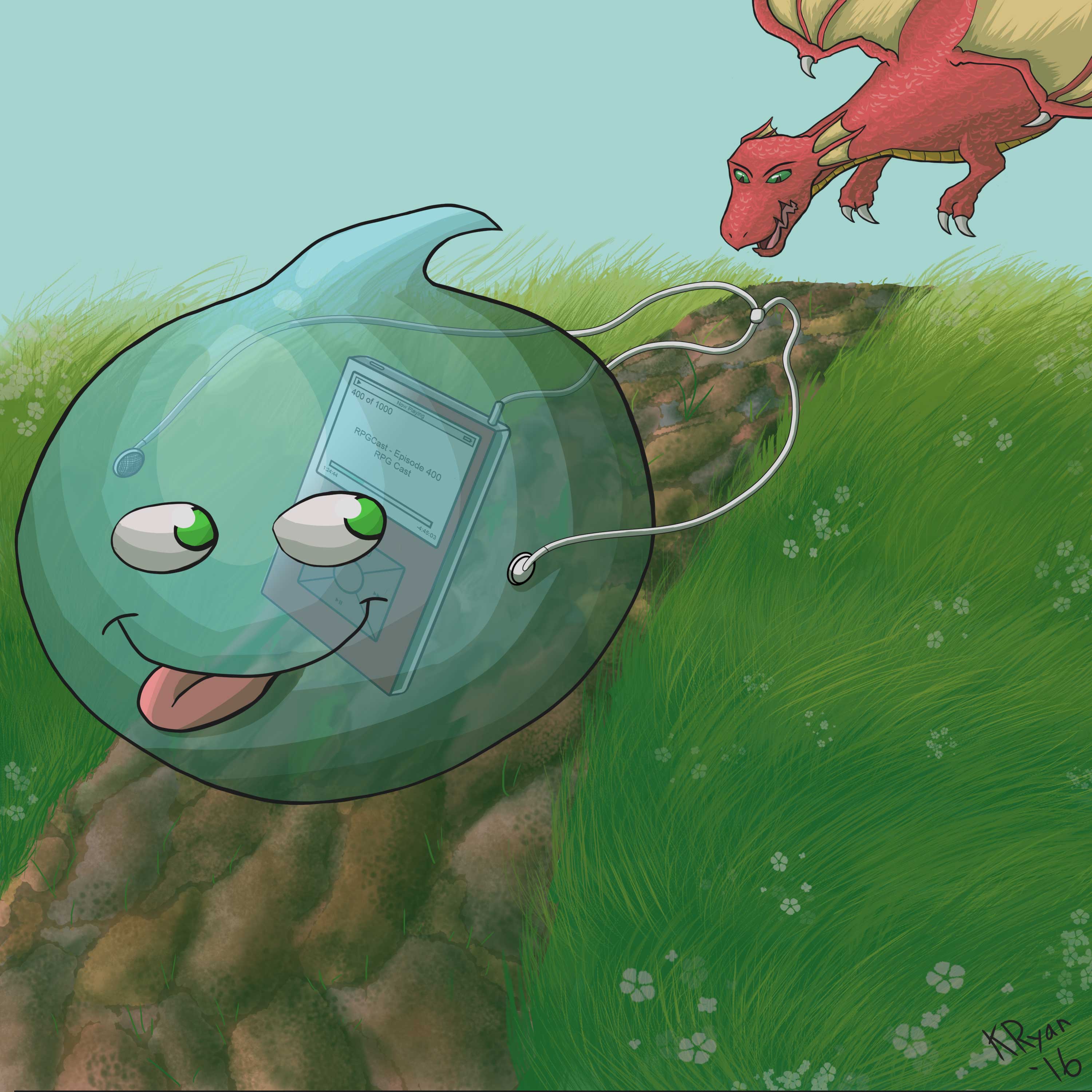SHANGHAI — When she was young, Li Xiuming dreamed of becoming a world champion. In her hometown Qitaihe, a small city in the northeastern province of Heilongjiang, it’s a common goal. With a population of less than 700,000, it’s home to 10 world champions in short track speed skating.
At the age of 16, Li won the gold medal in a national youth short track speed skating race; she believed she was very close to her goal of becoming a world champion. But her career was cut short by injuries to her ankle. Each time she broke the bone, she had to sit out for months until she was forced to give up competing.
More than 20 years later, the 38-year-old is back on the track, along with a dozen racing teenagers at the Feiyang Skating Center in Shanghai. Speeding around the oval, they’re clearly gifted skaters. Some of them happen to have intellectual disabilities.
Li Xiuming trains children with and without disabilities in speed skating. Chen Si/Sixth Tone
Li’s skating classes offer children with special needs a rare opportunity to learn, interact socially, and build confidence. China has over 1 million people with Down syndrome, and every year this number increases by between 23,000 and 25,000, according to the country’s health authorities.
Although China has built special public schools that address these students’ basic educational needs, few other resources exist to help children with intellectual disabilities participate in society.
The Feiyang skating program, run in partnership with specialized schools, is one of a few projects in Shanghai that seeks to change this. In its eight years, it has produced a few Special Olympics medalists — and given many more children with disabilities a place to make friends and have fun.
Li trains over 200 young skaters, including potential champions with and without disabilities. About a dozen of her students have disabilities such as Down syndrome, autism and developmental delays. Some of them expect to go to the Special Olympics, an international competition for people with such disabilities, while others are content to practice for its own sake.
“All the kids train hard. But for those with intellectual disabilities, it’s more difficult for them to have a stage to show themselves, so they have a stronger desire to win recognition from society,” said the coach.

Students practice skating at the Feiyang Skating Center in Shanghai, June 10, 2021. Chen Si/Sixth Tone
A second life
Coach Li grew up in China’s Olympic academy system. At the age of 11, Li left her parents to start her life in a boarding sports school. She lived in a big room with a dozen girls and trained every day from morning to evening.
“We strictly obeyed what the coaches told us to do,” Li recalled. “If we didn’t, the coaches would kick or beat us, no matter if you’re a girl or a boy. Of course, it didn’t happen often — and if you really got punished, you must have done something wrong.”
“I retired at the age of 19 because of injuries, but that was far from a proper ending for my sports life,” Li told Sixth Tone.
Li left her hometown in the northeast and traveled south for work opportunities. She worked a few jobs in corporate sales.
In 2013, a decade after Li left the ice track, her former teammate, Yang Yang, who won China’s first ever Winter Olympics gold medal in 2002, founded a skating center in Shanghai and invited Li to join as a coach.
“I spent my entire youth training on the ice. After I retired, I dreamed of training with my coach, racing on the ice or just running all the time,” she said. “I was thrilled to have the chance to return to the ice track and continue skating.”
Li volunteered to coach special needs children when the center’s Yang proposed a project to bring the kids onto the ice for free. Yang warned that coaches wouldn’t be paid a penny extra for this job. “My son was less than 2 years old then. I thought it’s not easy for families to bring up kids with disabilities. So I decided to do something for them.”
To work with the kids, Li had to learn to coach differently from what she’d experienced as a child.
In the old days, athletes in sports schools spent all their time with their coaches. “They were just like our parents — they were in charge of training, but they also took care of our everyday life. We were very close to them. But now the methods of education have changed and the bond between athletes and coaches is different as well.”
When Li was young, she had almost no academic class, devoting herself almost entirely to skating. Now, her athletes spend just a few hours a week training with their coaches.
With her disabled students, the adjustment was even larger.
“It’s hard to communicate with them — many simply didn’t respond when I gave instructions. None of them knew how to tie the skates, so I had to help them one by one,” she recalled.
Li had to repeat and demonstrate again and again to make the children understand what she was saying. She often used her own body to control the students’ so that they could get a sense of what to do.
She said that some of what she’s learned at the track has influenced how she raises her own son.
“Instead of using the traditional methods of education that my coaches applied on me, I try to encourage him more instead of using corporal punishment,” Li said.

Li Xiang accepts a bronze medal at the 2017 Special Olympics World Winter Games in Austria, March 23, 2017. Courtesy of Yang Jianying
A level playing field
Li Xiang, 17 years old, was born with Down syndrome. After three years of training with coach Li, the boy won a bronze medal at the 2017 Special Olympics World Winter Games in Austria in 222-meter short track speed skating.
His mother, Yang Jianying, said the sport has transformed him. “Before I enrolled him into sports training, he had no friends. When he was attending an average kindergarten, parents of his classmates were worried that he’d assault the others, that his behavior would impact others negatively,” she recalled.
Li attends a public school for kids with intellectual disabilities in Shanghai. When his mother learned about the skating program from the school in 2014, she hesitated. “I was worried about injuries. For children with Down syndrome, they lack strength and the ability to sprint, which you need in this sport. I sent him to the first class just to see how he might like it.”
When the 10-year-old returned home saying he liked skating and that the coach had invited him to go again, his mother was relieved.
“Thanks to sports, he is now able to communicate with his coaches and his teammates and he has made friends with some of them. He comes home and tells us what he did that day,” said Yang. “Sports have been pushing him to think independently — why should I keep trying; what is my goal; how I could possibly reach my target.”
Li Xiang told Sixth Tone he loves speed skating and football because, “These sports bring me power and passion.”
When Li Xiang went to the 2017 Special Olympics, he dreamed of a gold medal and trained hard. When he injured his face in closed-door training before the games, he tried to keep it secret from his mother, fearing that she wouldn’t allow him to continue training for the competition. He came in third, winning a bronze. He was disappointed, but his mother told him no matter how he performed he had helped bring glory to the country.
“I always encourage him and give him praise whenever he makes any progress. But that cannot be compared to the joy he feels when he is recognized by people who are not his family members. Deep inside his heart, he desires to be seen and included in society,” Yang told Sixth Tone.

Students practice skating at Feiyang Skating Center in Shanghai, Students practice skating at the Feiyang Skating Center in Shanghai, June 10, 2021. Chen Si/Sixth Tone 2021. Chen Si/Sixth Tone
More than gold
In a training session with a dozen young trainees, Li Xiang, in a red jacket, and a few other kids with intellectual disabilities looked much like the other students. The special needs kids attentively followed instructions from their coach, adjusting their stance and swinging their arms as she showed them.
Strength training seemed to be the part the children were anticipating the most. Some kids sat on a tire, while their classmates took turns towing them with skates. Teams formed and raced with these simple sleds, with the kids sitting on the tire laughing and cheering up their teammates.
In the past few years, some of her students training for professional careers have won national competitions. But to Li, these achievements don’t compare to what she has gained from training with the special needs athletes.
Coach Li says sport is a way to help children with disabilities find confidence. “Of course, exercise helps them stay healthy and strong. But it’s also very important that they can gain a sense of accomplishment from the sport — for these kids, it’s impossible for them to perform well academically. Sports and art are the areas where they can stand out.”
Li and his family have been looking forward to the 2022 Kazan Special Olympics Winter Games in Russia.
Due to the pandemic, however, organizers of the games decided to postpone the event by a year, to January 2023. This has left his mother worried about how to keep her son in high spirits for everyday training. “Training without a competition could be really boring,” said Yang. “I can feel he craves these stages to demonstrate his abilities to the others,” she said.
Coach Li continues to train special needs kids in speed skating. She’s still fully motivated to engage in the program because she believes the efforts made to help the group are far from enough.
“When my students returned from the 2017 Special Games with the gold and bronze medals, they received some public exposure in the media,” Li recalled. “However, gradually the attention wore off. I think what these children need is consistent support and attention. We want to have more people to understand their conditions and offer them what they need to lead a better life.”
Although she still sometimes dreams of becoming a world champion, Li Xiuming is content with the life she has. “I’m satisfied as long as I have this ice arena and the children.”
Editor: David Cohen.
(Header image: Liu Xiuming (left) coaches Li Xiang (in red), in Shanghai, June 10, 2021. Chen Si/Sixth Tone)
Note: This article have been indexed to our site. We do not claim legitimacy, ownership or copyright of any of the content above. To see the article at original source Click Here












![[7.1 Protest Case] 7 Democrats pleaded guilty to be affected by the black rain extended to October 16 and sentenced thumbnail](https://assets.thestandnews.com/media/resized/1200x630,cover/photos/106243692_10157162270070785_4072169505110105227_n_copy.png)
